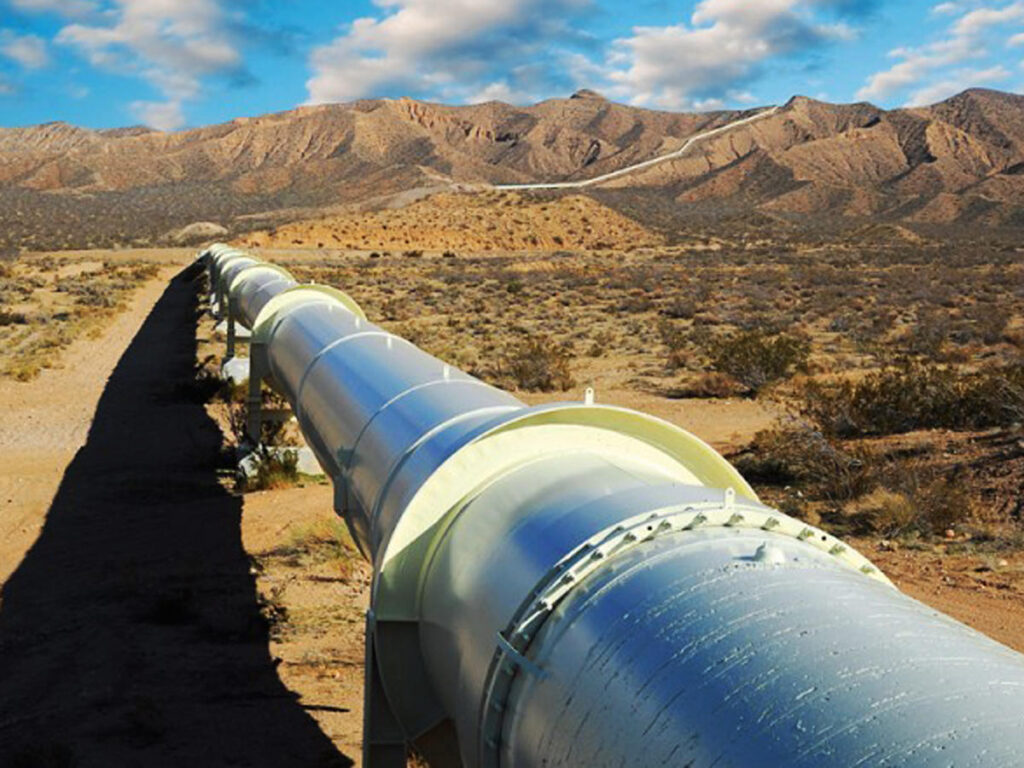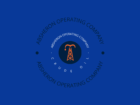
Pipeline
Pipelines are generally referred to as gathering systems (wellhead to processing facilities), transmission lines (supply areas to markets), or distribution pipelines (most commonly to transport natural gas to medium or small consumer units). Pipelines play a very critical role in the transportation process because most of the oil moves through pipelines for at least part of the route. After the crude oil is separated from natural gas, pipelines transport the oil to another carrier or directly to a refinery. Petroleum products then travel from the refinery to market by tanker, truck, railroad tank car, or pipeline. As natural gas production grows in Russia, demand for new pipeline construction has been increasing. Azerbaijan has about 300,000 miles of natural gas transmission pipelines.
Strategic planning involves determining the shortest and most economical routes where pipelines are built, the number of pumping stations and natural gas compression stations along the line, and terminal storage facilities so that oil from almost any field can be shipped to any refinery on demand. Offshore pipelines carry more risk for leaks and environmental impact than onshore pipelines, but technological advancements in pipeline material and monitoring systems have improved pipeline safety and efficiency.
